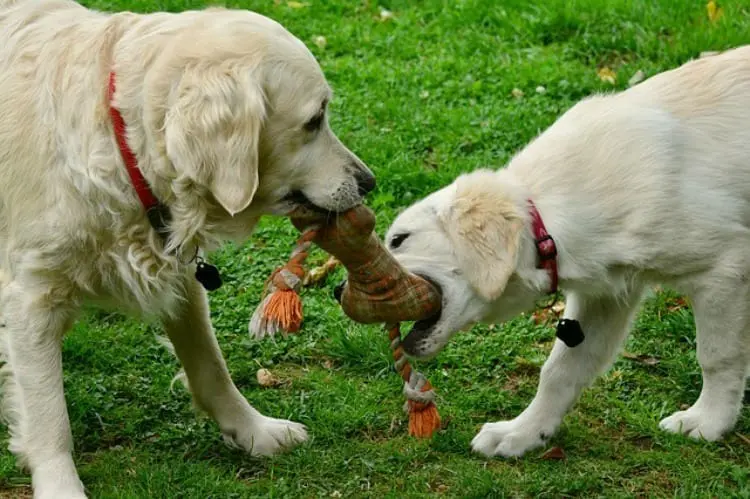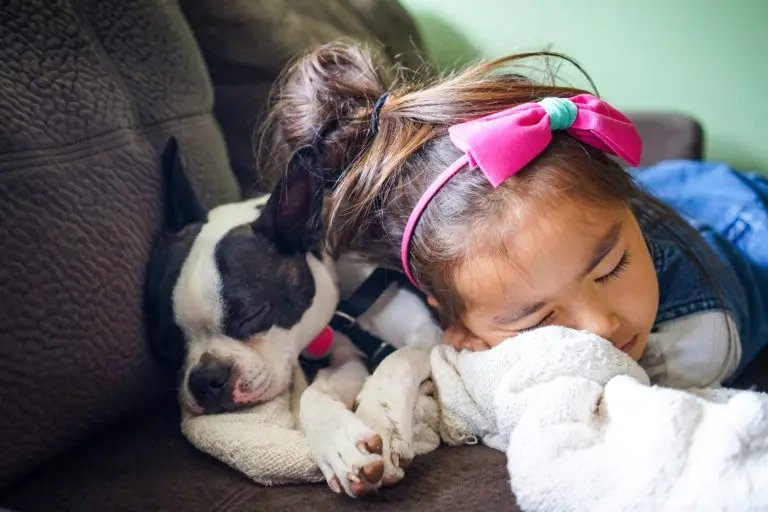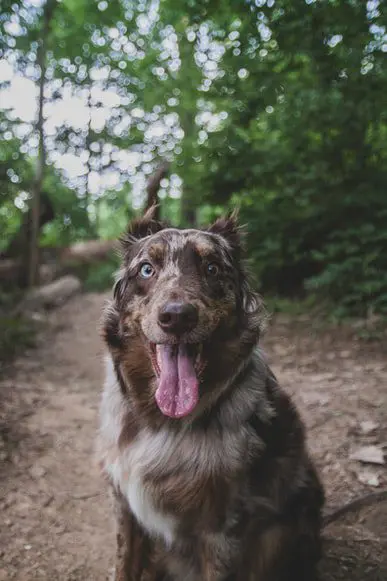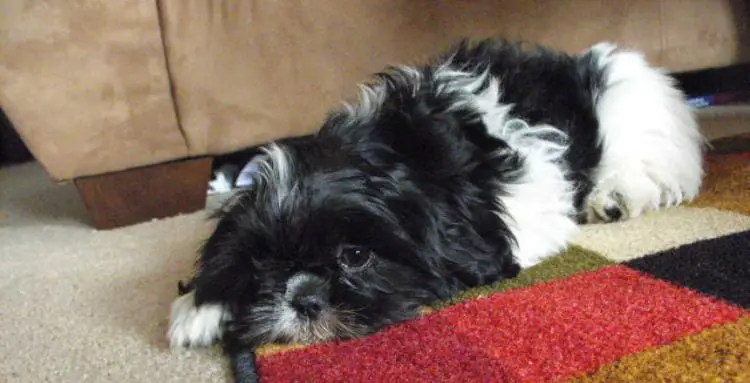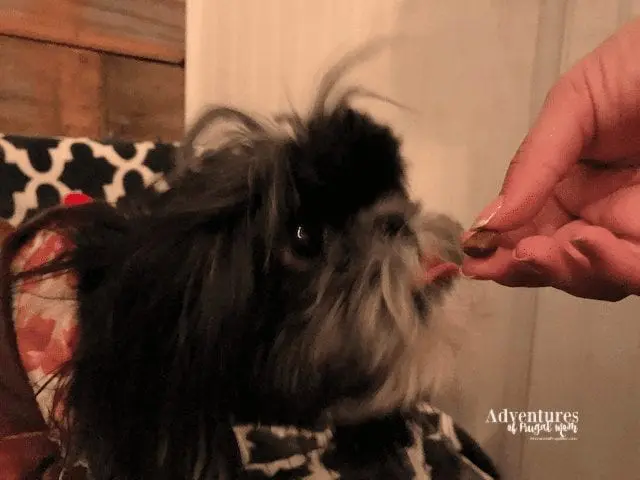What Causes Urinary Incontinence in Dogs and How Can It Be Treated?
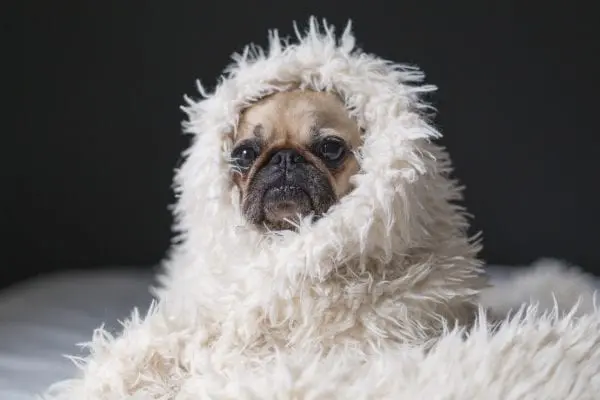
Dogs that urinate involuntarily are said to have canine urinary incontinence. Reasons for urinary incontinence in dogs range from behavioral issues to hormonal imbalances to physical abnormalities. As anyone who has ever had an incontinent dog will attest, it is crucial for your sanity and your dog’s wellbeing that you get up to speed on the causes of your dog’s incontinence as soon as possible after the behavior begins. It is equally important to become educated as to the best methods, tips, and coping mechanisms necessary to best treat and live with canine incontinence.
Dogs Become Incontinent for Different Reasons
There is a wide range of causes of urinary incontinence in dogs. For example, often young dogs involuntarily urinate when approached by a person, as will many fearful dogs of any age. This behavior is known as submissive urination. Injuries sustained to the back, spinal cord and or brain are another frequent cause of incontinence. Hormonal imbalances that occur as the result of having been spayed or neutered will result in a leaky bladder. Still, other cases of incontinence are the result of old age or physical abnormalities. Fortunately, incontinence in dogs is a condition that can be cured in some and improved in many. Sometimes, in cases where canine incontinence cannot be completely cured, it can be managed so that its negative effects are minimized.
Treatment for Urinary Incontinence in Dogs Should Be Case Specific
The treatment for a dog with urinary incontinence should always seek to address any underlying problems from the outset. In the case of a submissive dog, this would include behavior modification techniques and training for the purpose of building the dog’s confidence and reducing his fears. For one whose incontinence is the result of being spayed, there are medications available that either halt or greatly curb incidents of incontinence. Remedies also exist for those whose lack estrogen has resulted in a weakened bladder, as is the case with a number of geriatric spayed females. For still others, surgery exists to correct the anatomical differences that make it impossible for some dogs to retain their urine.
Household Management of an Incontinent Dog
It is important to remember that your dog isn’t incontinent on purpose – usually, the behavior is beyond the bounds of the animal’s control. Instead of fretting when the dog accidentally urinates, plan for the occasion by rolling up rugs, using a crate, and confining the dog to a room with tile or linoleum flooring. Accept that cleanup is an inevitable part of the process and keep a mop and a bucket, sanitary wipes, and lots of old towels handy. Many people find that washable dog diapers go a long way towards making their lives easier when caring for an incontinent dog. Talk with your veterinArian about the possibility of limiting your dog’s access to water in the evenings in order to reduce bladder pressure overnight.
Many people will find that life with an incontinent dog isn’t much different from life with one able to hold its bladder when properly managed. Everybody adjusts and learns a new degree of normal. Most of the time, all it takes is the right mix of medication and prudent management to afford considerable if not complete relief for both dog and owner.
Similar Posts:
- None Found



